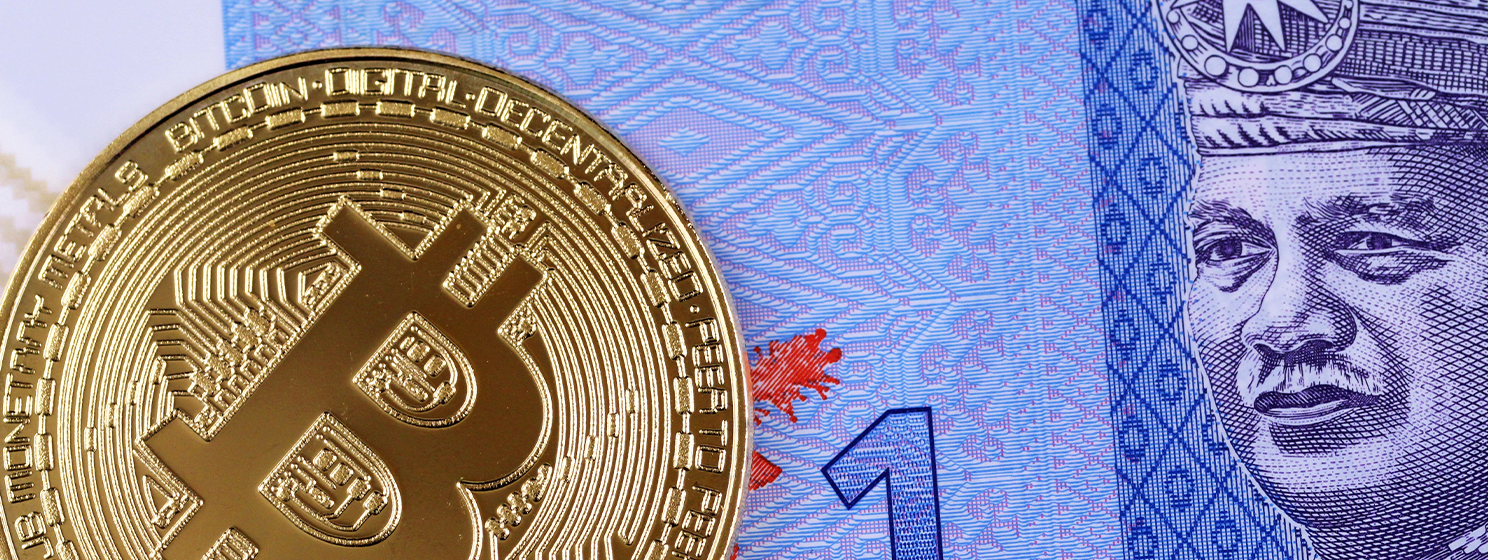|
Getting your Trinity Audio player ready...
|
Kenya has scrapped a controversial 3% digital asset tax that would have taken effect in a few weeks following industry uproar and concerted lobbying from local and regional virtual asset service providers (VASPs).
The tax was first proposed two years ago, and since then, the sector has been pushing back against it. In the past year, this pushback has accelerated as industry stakeholders joined hands to rally against the proposal, led by the local Virtual Assets Chamber of Commerce (VACC).
Legislators have finally caved. According to local outlets, the Kenyan parliament’s finance committee withdrew the proposal from the 2025 finance bill, which lawmakers passed in mid-June and which President William Ruto signed into law last week.
Under the Income Act, the committee repealed section 12F to scrap the proposed tax in a big win for one of Africa’s largest digital asset markets. Instead, the government will impose a 10% excise duty on all the transaction fees that exchanges and wallets levy on their users.
According to MP Kuria Kimani, who heads the committee, the lobbying efforts by the country’s VASPs played a vital role in the tax amendments. These companies have banded together this year to make their voices heard, enlisting the services of PwC as an advisor.
In May, a group led by the VACC and local companies like Busha, Swypt, Kotani Pay, and Luno presented their case before the finance committee. In addition to fighting the 3% tax, the group called for digital assets to be classified as property and subjected to capital gains tax only, and for VASPs to be recognized as financial institutions.
“Fundamentally, as an industry, we would prefer to be regulated in terms of the offered service and not the underlying technology,” Keega Gakuua, the co-founder of local digital asset payments firm Swypt, told the lawmakers at the time.
Digital asset taxation remains a challenge for most governments, with even the most advanced economies, like the United States and the United Kingdom, still struggling with taxation. One study found that in 2022, only 1.6% of American digital asset owners paid taxes, and even then, the country ranked in the top 10 for compliance. This study ranked Finland first for tax compliance at 4.1%.
Still, some economies are giving tax breaks to digital asset holders to stimulate industry growth. Thailand recently approved a five-year tax exemption plan for the sector, joining island nations like the Bahamas and the Cayman Islands. Others like Singapore and the United Arab Emirates impose no capital gains tax for holders, while Portugal extends the same offer, but only to those who hold their assets for more than a year.Kenyan MPs approve five joint regulators for digital asset sector
Away from the taxation, the finance committee of the National Assembly has approved a proposal to have five regulators jointly oversee the digital asset sector.
The proposal was introduced by social enterprise organization Credence Africa, reports local newspaper Daily Nation. If it gets the backing of the full House, it will see the central bank jointly oversee ‘crypto’ with the Capital Markets Authority (CMA), the Competition Authority of Kenya, the Communications Authority and the Office of the Data Protection Commissioner.
The proposal would also give leeway to the Cabinet to appoint any other regulator to police the sector. It covers any company dealing in ‘crypto,’ tokens or “a number held in digital form and generated through cryptographic means and providing a digital representation of value exchanged.”
Crucially, the committee also approved a separate proposal to scrap a clause in the Virtual Asset Service Providers Bill that gave regulators authority to conduct off-site surveillance. While calling for the amendment, the VACC deemed the clause too vague and as offering no clear definition of what off-site surveillance entailed.
But while many laud Kenya’s digital asset regulatory strides, some smaller VASPs are decrying a perceived regulatory capture by major companies, led by Binance. They claim that Binance has been sponsoring lobby groups, including VACC, and that it’s getting a seat at the regulators’ table under the pretext of policy reform.
“All regulation conversations by VACC that happened recently have been sponsored by Binance. Then VACC, a private consulting entity, with a non-compete with Binance ‘magically’ gets a regulatory seat? How is this fair? How is this constitutional?” one source at a local exchange told Kenyan Wall Street.
Watch: Bitcoin tech is all about unleashing potential for small people

 02-22-2026
02-22-2026 




